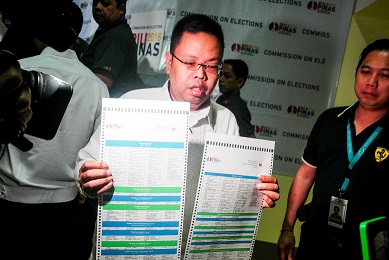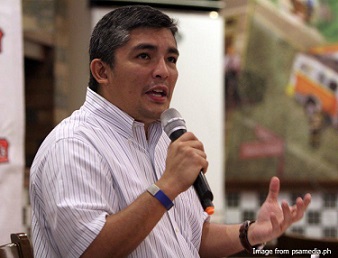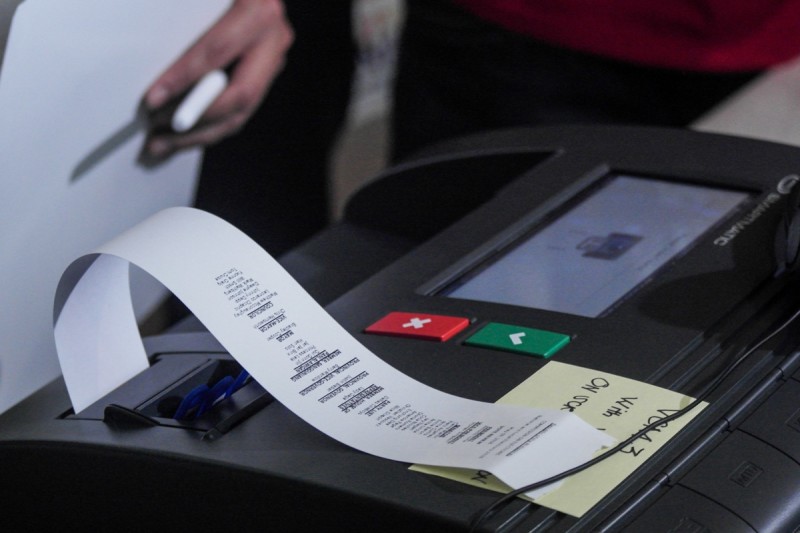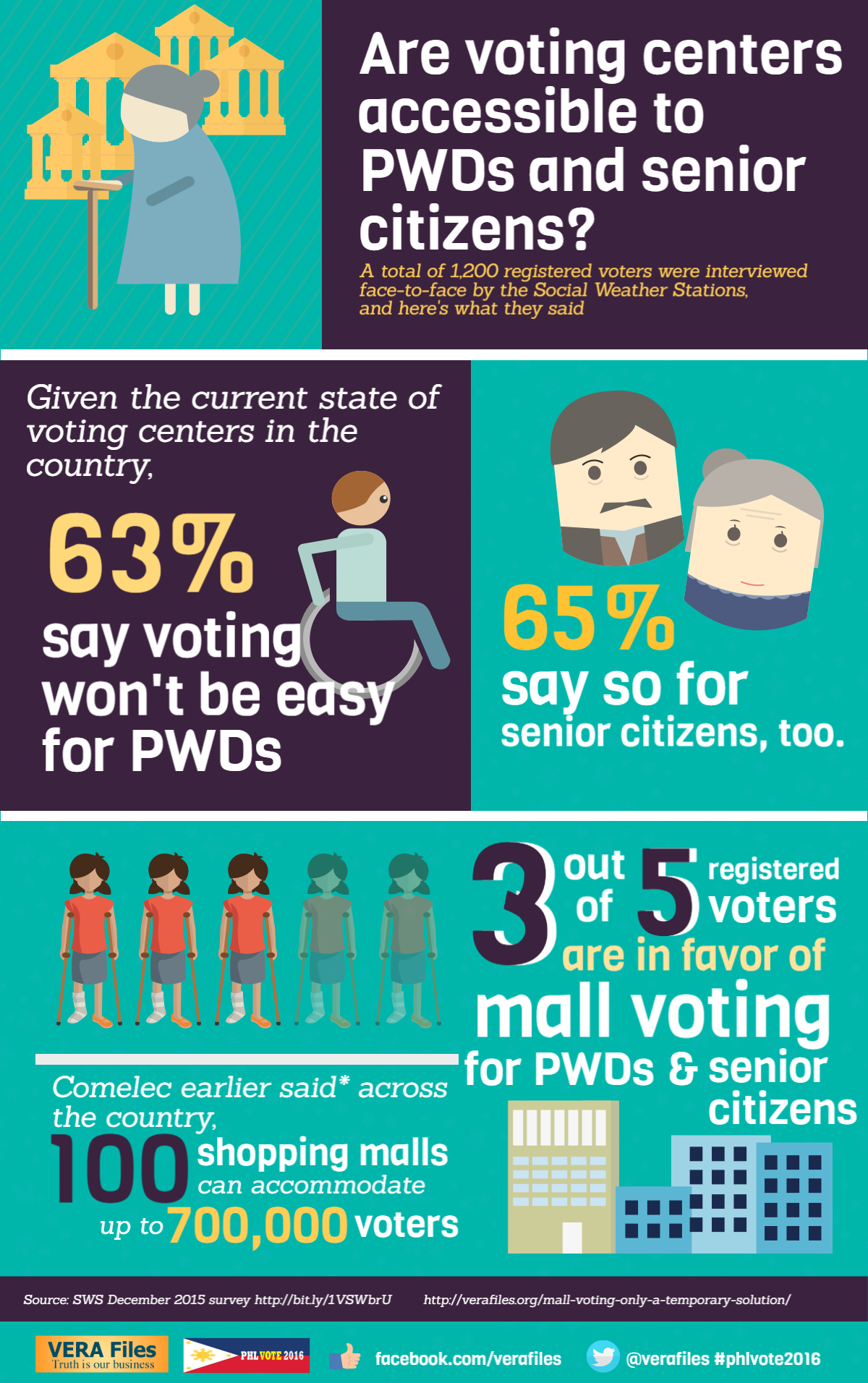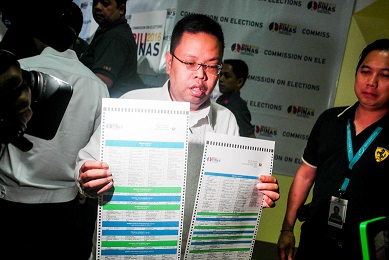
By MARIA FEONA IMPERIAL
ELECTION inspectors will now know whether or not to issue replacement ballots to voters whose ballots would be rejected by vote-counting machines (VCMs). Provided, it is not the voter’s fault.
Five days before polls, the Commission on Elections amended its rules on rejected ballots to include contingency procedures through Resolution 10117, responding to issues raised by poll watchdogs and concerned citizens.
The resolution said upon receipt of the ballot voters have to make sure it is free of foreign marks. In case ballots are rejected by the machine during the scanning, the Board of Election Inspectors (BEI) shall allow the voter to re-feed the ballot four times in four different orientations.
If after four tries, the ballot is still rejected, the BEIs, by majority vote, shall decide whether or not the voter purposely defaced the ballot.
If he or she did not, the voter will be entitled to one replacement ballot. Under Republic Act No. 9369, a ratio of one ballot per voter must be observed.
The Chairman of the BEIs shall then mark the rejected ballot “rejected with replacement,” and ask all election inspectors to sign as well. The ballot shall be free of foreign ink marks, smudges, tears on the timing marks.
But if BEIs prove that the voter purposely defaced the ballot, he or she shall not be entitled to a replacement ballot.
Earlier, Comelec said voters will be asked to vote in the nearest neighboring precinct, in case ballots run out on election day.
But former poll commissioner Gregorio Larrazabal raised red flags on the procedure, saying it will impose an “unnecessary burden” to Comelec field personnel and the Board of Election inspectors.
The replacement ballot, he said in his letter, runs counter to Republic Act No. 9369, which mandates a one-ballot-per-voter ratio.
Larrazabal brought up the concern to Comelec at least three times, saying the rule on voting in the nearest neighboring precinct is “alarming as it clearly lacks legal basis.”
Lawyer Rona Ann Caritos, executive director of Legal Network for Truthful Elections (LENTE), echoed the same concern.
“‘Pag hindi alam ng watchers na may ganong procedure, magrereklamo yang mga yan hindi papayag (If watchers do not know there is that procedure, they will complain),” Caritos told VERA Files.
Under Section 194 of the Omnibus Election Code, only those included in the list of voters in a particular precinct can vote there. Violation of which is an election offense.
In a Facebook post, Larrazabal said: “I assume our letter to Comelec worked. Though there’s still the rule on replacement of ballots, at least now there’s clear guidelines (which we asked for), and limits on the issuance of a replacement ballot.”
“It also appears, based on the provisions of Comelec Resolution No. 10117, (that) you can’t get a replacement ballot from a neighbouring precinct (which we objected to,)” he added.
